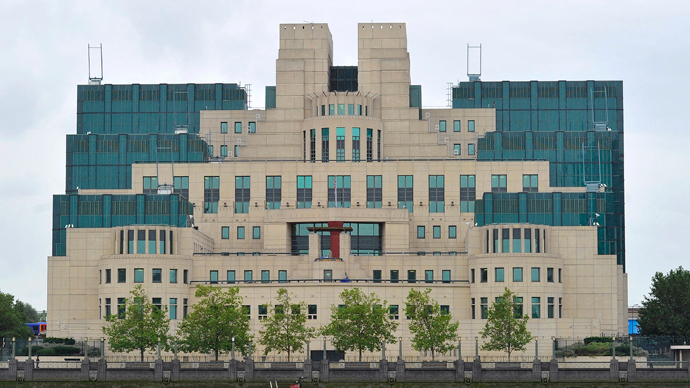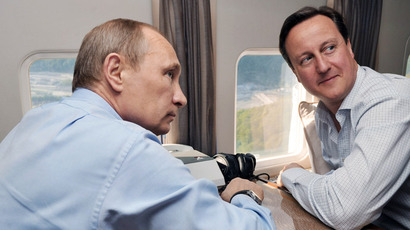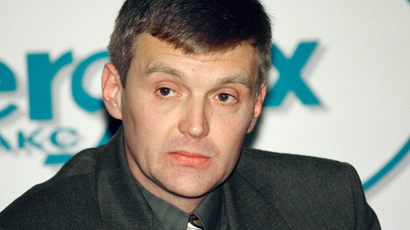MI6 in from the cold? UK and Russia confirm they will share Sochi intel

As Russian Olympic officials work to ensure the ski slopes are cold enough for the 2014 Winter Games, Britain’s and Russia’s special services are thawing their relationship after six years of frosty tensions – in the interests of Sochi security.
In a parliamentary hearing Thursday, John Sawers, the head of MI6, said that British intelligence services are passing the experience they gained from the 2012 Summer Olympics in London to Russia for the Sochi Games.
"We passed the Olympic flame on from London to Sochi, and we have a certain responsibility there, and we will take it forward step-by-step," Sawers said.
The confirmation that MI6 will cooperate fully with their Russian counterparts on counter-terrorism measures for Sochi comes as Moscow and London have started sharing secret intelligence for the first time in more than six years. Relations between the two countries’ special services nosedived after the infamous scandal involving the death in London of former Russian agent Aleksandr Litvinenko in late 2006 rocked the international community.
Intelligence cooperation between Russia’s Federal Security Service (FSB) and Britain’s MI6 was halted after Litvinenko’s death. He was fatally poisoned with the radioactive agent Polonium-210, and mutual recriminations about who was responsible for his death soured relations between the two agencies.
After six years of strained relations, London and Moscow will be exchanging security information to ensure that the Winter Olympics, which run February 7-23 in the Black Sea resort city of Sochi, go off without a hitch, a member of the State Duma Committee on Security and Anti-corruption, the former head of the FSB Nikolai Kovalev, said Friday.
Kovalev said that as the terrorists, despite language barriers and differences in banking systems, "act in coordination," so should the world’s security services.
The intelligence community “is torn apart by internal contradictions, we suspect each other, we cannot take any joint action,” Kovalev said. “It should be cooperative work of all the intelligence agencies of the world, which should take care of the athletes, and in general ensure the safety of [the Olympics]."
Amid the mistrust which arose following the spying scandal concerning the US National Security Agency’s surveillance of EU leaders and its cooperation with Britain’s GCHQ, London’s decision to offer full cooperation over Sochi was expected, and is the right one, Kovalev said.
“This is the right and the long-awaited decision made by the British, especially amid the mistrust which has risen in the European community after the scandal surrounding the activities of the NSA."













